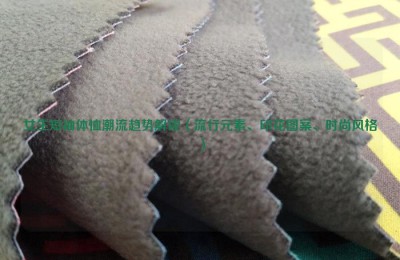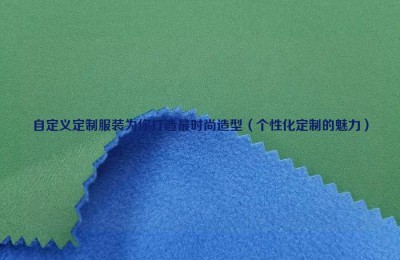Indian clothing exporters claim that the Indian government has failed to fulfill its tax reduction promises and is hitting overseas sales.
Since March 2019, the Indian government has failed to fulfill its tax reduction commitments, causing Indian garment exporters to worry about losing business and even being forced to close some facilities. It is said that the amount currently exceeds 710 million US dollars.
Chandrima Chatterjee, consultant of the Indian Garment Export Promotion Association, said: Because exporters cannot calculate the tax rate at which to place new orders, it has seriously affected the development of the garment industry.
In March 2019, the Indian central government proposed to discuss the issue of “ready-made garments and manufactured goods exports”. According to the “State and Central Taxation and Refund of Levy” (RoSCTL) ) Regulations, announcing that subsidies are applicable to garment exporters, along with other scheduled import tariff suspension measures (such as tax rebates), and tariff exemptions for fuel, electricity, legal documents and fertilizers used in cotton production. APEC said that combined, these corporate subsidies will account for more than 9% of India’s total export value.
Although the Ministry of Textiles of India has officially announced RoSCTL through the government gazette, the government has not explained why the subsidy has not yet been paid, nor has it stated when it will be paid. Even if the government will Grants paid in full. Rahul Mehta, president of the Indian Garment Manufacturers Association, said: There are differences of opinion between the Textile Ministry and the Finance Ministry. The case is currently being handled by the Prime Minister’s Office.
According to Mehta, this situation has led to a serious shortage of working capital for clothing manufacturers, which has even made it difficult for them to place orders for purchasing raw materials.
Sudhir Dhingra, chairman and managing director of Gurgaon-based apparel manufacturer OrientCraft Ltd, said tax rebates are crucial for Indian ready-made garment exporters. He said the average profit in the industry is only At 5% of sales, a tax refund is required, especially for businesses struggling to stay afloat. He said: Companies have been short of cash for nearly nine months, and some companies have negative balance sheets.
Dhingra predicts that the current problems will cause India’s garment exports to decrease. These figures have declined month by month since August, with the Directorate General of Commercial Intelligence and Statistics saying that India’s readymade garment exports reached $1.06 billion in November 2019, down 6.52% compared to November 2018.
Chatterjee said that orders missed by Indian companies are likely to be transferred to Bangladesh. In fact, the launch of the RoSCTL plan was mainly due to the fact that we are lagging behind Bangladesh in some aspects, but we cannot win back orders with the help of tax cuts.
AAASDFWETGD






